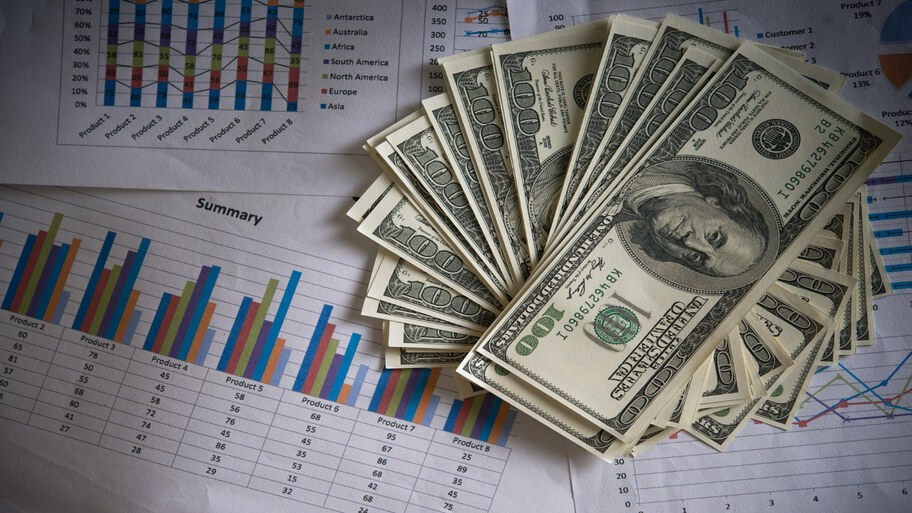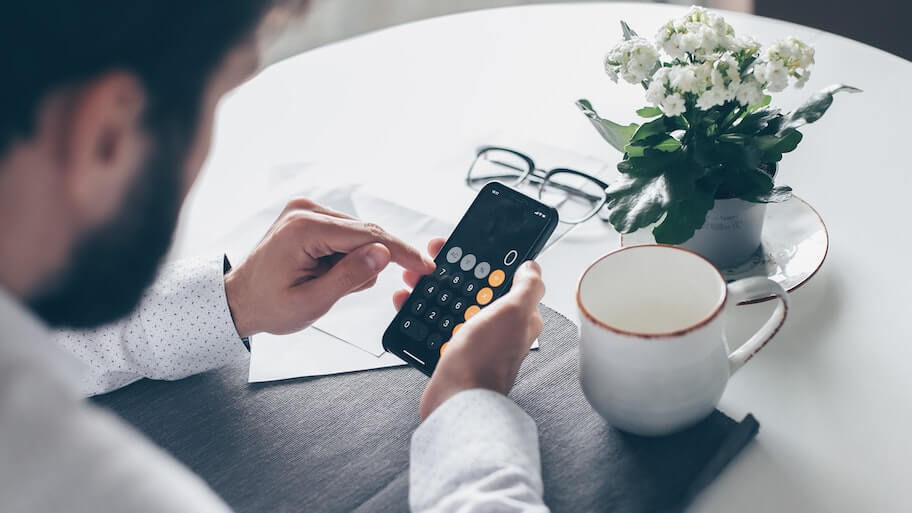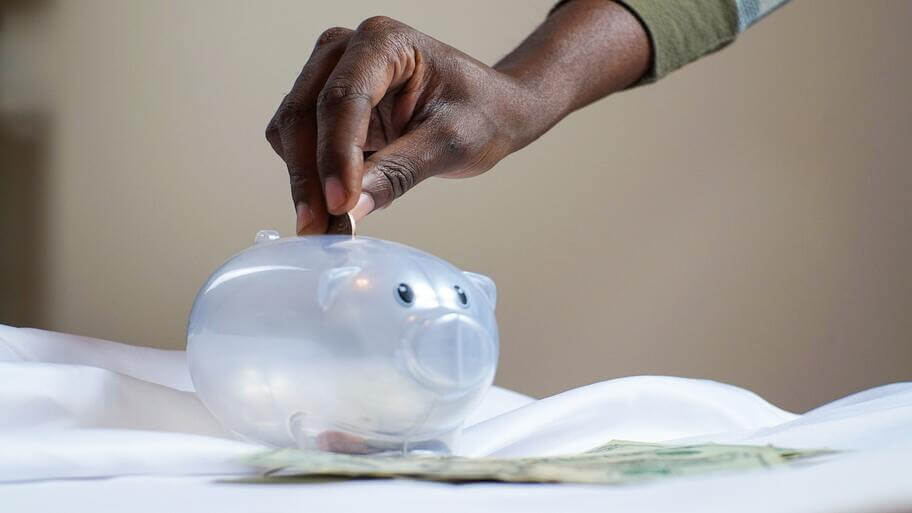Everybody occasionally struggles with impulse control. Whether we’re trying to maintain a training schedule, diet, or both, this holds true. Sometimes we feel like going with our gut and trying something new. Sadly, giving in to those cravings, particularly regarding spending, can result in debt and other money issues. Here are some tips to permanently end impulsive spending if you’re worried about a problem.
Impulse Purchases Are Prevalent
It would help if you first realized that you are not alone. Five out of every six Americans, according to CreditCards.com research, have made impulsive purchases. Additionally, roughly a third of Americans earning $75,000 or more each year reported spending more than $1,000 on impulsive purchases. It’s simple to see how things can spiral out of control even if those with lower incomes tend only to make smaller impulsive purchases—perhaps only a few dollars per shopping trip.
Unplanned spending can quickly mount up and blow your budget, even if you aren’t spending more than $1,000 on a single impulse buy. As a result, it’s crucial to exercise utmost caution while making some types of impulse purchases. In other words, you must resist your inclinations to “spoil yourself.” Recognizing your spending triggers and devising strategies to combat them is one of the best things you can do.
Gender Has an Impact
Additionally, according to CreditCards.com, your gender may occasionally affect the triggers for your impulse purchases. According to the study, males are three times more likely than women to buy things they don’t need while they’re drunk. On the other hand, women are more likely to make impulsive purchases when depressed. However, when they are excited, both men and women are prone to making impulsive purchases. The most frequently mentioned feeling at the time of an impulse buy is excitement.
You have to hunt for information about yourself even within these statistics-based generalizations. Try to identify the triggers that are unique to you. When they are feeling a little sad, many people buy things on impulse. Perhaps you yearn for the meager dose of dopamine that “retail therapy” offers. Or perhaps you spend more when you’re hungry, sleepy, or drunk. These situations are all frequent causes of impulsive expenditure.

What Causes You to Act?
Impulsive spending doesn’t just happen to many of us. A trigger of some kind is what caused it. When you are exhausted, depressed, or very joyful, you are more inclined to make impulsive purchases. Do you find that you tend to spend more money when you feel a little down? Do you find that spending makes you feel better, no matter how fleeting those sensations maybe?
What about making purchases while feeling ecstatic? Your excitement may cause you to spend carelessly. Why even spend that money, you ask? Spending money recklessly is simple when you’re feeling good about yourself.
Some triggers are situational. When you shop when you’re hungry, you’re more prone to impulsive purchases of unhealthy or unnecessary food.
The Key Is To Be In Tune
Pay close attention to your feelings before making an impulsive buy. Try to recall your feelings the last time you made an unforeseen purchase. You can use this to find out what causes you to make impulsive purchases.
Once you know what makes you make impulsive purchases, you can take action to lessen your chances of doing so again. You may not be able to halt all of your impulsive purchases entirely. Still, you can significantly limit the amount of money lost due to a brief loss of concentration.

How to Reduce Impulse Purchases
Setting up a personal, general waiting period for most transactions is one of the best techniques to reduce impulsive purchases. Make a method for vetting your purchases. Put something back if you know it did not pass the vetting procedure. Commit to return to the purchase after a predetermined waiting period. Consider your potential purchases again before proceeding to the cashier (or the internet checkout). Please make an effort to evaluate them objectively to ensure they are not impulsed purchases.
Limiting access is an excellent method to stop yourself from making impulsive purchases. It’s tempting to use your money when you can access it all. You can swipe that credit card or tap that debit card without restrictions. Think about restricting access by only bringing cash on your next vacation if you feel particularly susceptible to a trigger. Bring no plastic at all. This makes you consider your purchases more carefully. The money will vanish too quickly for you to be able to make impulsive purchases.
Making Plans
Don’t bring as much cash with you on your next shopping excursion if you are depressed. Simply leaving your credit cards at home is preferable. The same guideline still applies if you are aware that you will be celebrating with friends. You could be affected by them or the situation (or you might be intoxicated by the end of the outing). Making plans for impulsive purchases can help you stay within your spending limit.
If you can’t imagine not having a credit card, you might consider getting one with a modest limit. Obtain a second credit card with a $500 or $1,000 cap. Given that you know that there is just a tiny amount of credit left on the card, this can help curb your impulse purchasing. If you can’t stop yourself from purchasing online, think about banning specific websites. Additionally, you might be able to set spending restrictions through various online accounts (credit card accounts OR the retailer website). Simply becoming conscious of your impulsive spending can be a wonderful place to start.

Additional Ways to Reduce Impulse Spending
Controlling the six inches between your ears is the key to controlling the impulses. Do you want a list of tips for reducing impulsive spending that you can readily refer to? Here are a few more concrete suggestions to convince you to stop. You are capable of doing it.
Cash Only. Really
Stop using your debit or credit card, and use cash for your everyday expenses. Determine how much pocket money you’ll need in advance and only bring that much. Once it’s gone, it’s gone forever.
Spending cash is typically far more uncomfortable for us than using a credit or debit card, so we are more inclined to consider if the item we are purchasing is necessary.
Obtain a Residence for Each Dollar
To reduce the temptation to spend it, move your money into savings as soon as you receive it rather than waiting until the end of the month. Once more, set a budget for personal costs in advance and stick to it.
Automate as much as you can. You won’t have as much opportunity to spend money if you pay yourself first by automating transfers to your savings and investment accounts as soon as your paycheck arrives in the bank account.
Create A Good Routine
Make it a habit to plan so you can avoid purchasing things like food and drink. When running errands, schedule your shopping outings after you’ve eaten and carried a glass of water. You can save money on meals by packing lunch and snacks for the day’s activities and work. You’ll likely eat far more healthily as well.
If you must shop, make a list. This will prevent you from forgetting the things you need while also preventing you from purchasing things you do not need.

Reduce Your Chances Of Succumbing To Temptation
Avoid shopping centers as much as you can. You are more likely to make a purchase the more frequently you visit a store. Consider visiting the library rather than window shopping.
And stay active! Find pastimes and pursuits to keep you occupied, preferably without spending a lot of money. It’s a lot of fun to spend time with friends and family playing board games, going for walks, or playing sports at the park.
Practice (And More Patience) (And More Patience)
Give yourself a day or two to think it over before making a purchase. Avoid “limited time only” offerings since, in today’s world, you can nearly always acquire them later. If you need it later, you might have to pay extra. Still, that cost will be easily offset by all the times you refrain from making unnecessary purchases.
Use the waiting time to consider all the solid reasons—outside of cost-saving considerations—for decreasing your intake—the more justifications you have for spending restraint, the better. For instance, junk food is not only pricey but also unhealthy.

Cleaning Up Is A Beautiful Thing
Make it a practice to regularly organize your home. You’ll be forced to consider how much you don’t need to buy because of this. When you realize how much money you’ve spent on items that were never used or were only used once, it can be a frightening realization.
The more you organize, the more you’ll be prompted to consider other options before purchasing. Do you have access to renting or borrowing it? Could you purchase used? Can you substitute for me? Can one live without it? Even if buying goods you need might not appear like impulsive spending, many of us think the things we “need” are not necessities.
The Conclusion
We are all aware of how large impulsive purchases may destroy wealth, but even little leakage can cause major damage. What’s the big deal if I spend a $1 here and $5 there? While it’s simple to dismiss tiny impulse buys as being insignificant, the truth is that they build up far more rapidly than we’d like to believe and can amount to hundreds of dollars squandered each month. The good news is that saving that cash will quickly build up and provide us with the peace of mind that comes from having a more stable financial situation.
While you are spending, pay close attention to how you are feeling and how you are feeling. Take note of what impulse buying seems to be brought on by. Once you’ve determined what those triggers are, you can take steps to avoid them. Consider other approaches to dealing with the trigger. Your mood might be improved by exercise or meditation, which can help you resist the want to shop. Consider other outlets for your energy, such as volunteering or spending time with loved ones, if you find that your enthusiasm is driving you to spend money.
You can maintain focus and discipline by limiting your access when at risk. Recognize the situations you are most prone to spend impulsively, and take steps to avoid them. You don’t want to be drowning in debt due to impulsive purchases.
How can you control your impulsive spending?
Featured Image: Pexels © Andrea Piacquadio
